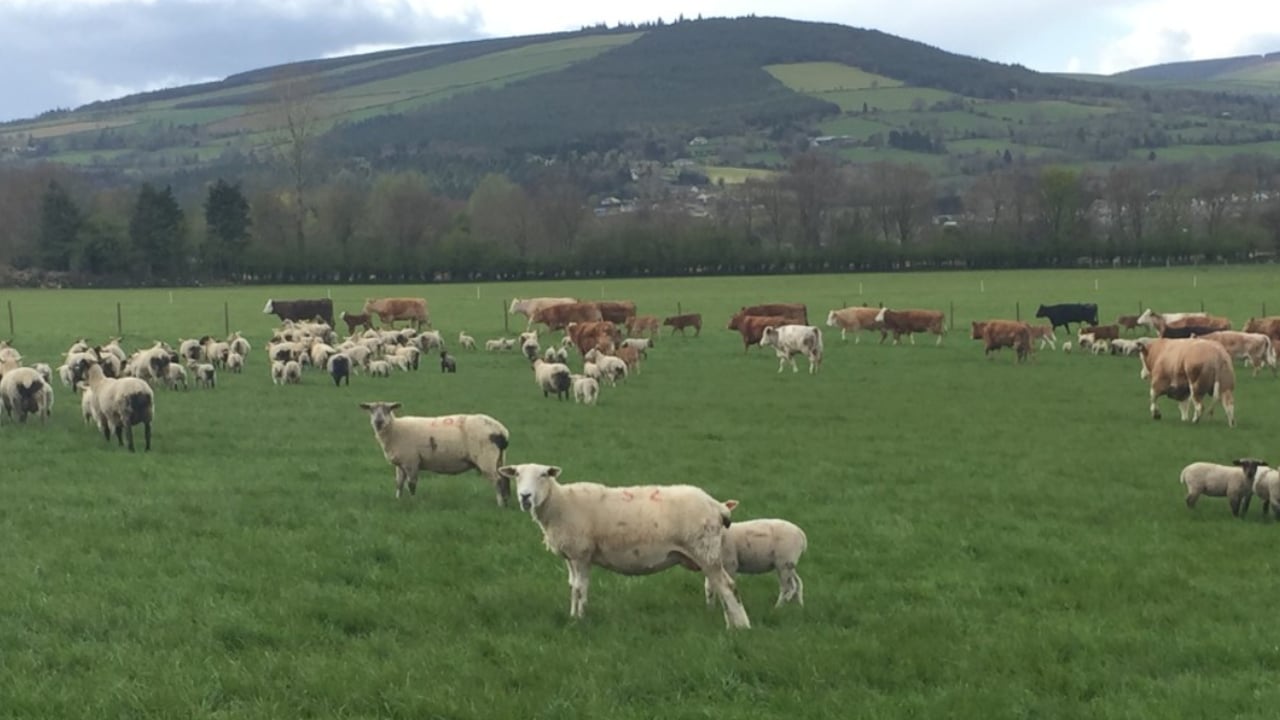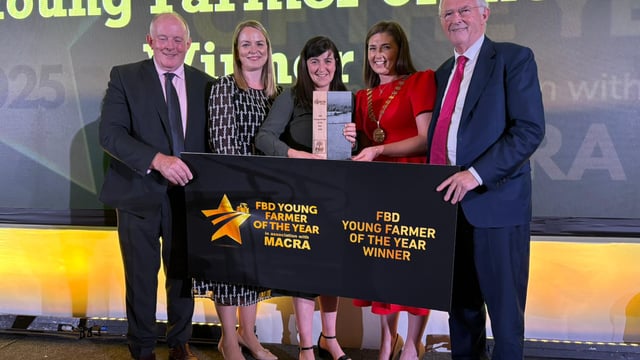English cattle and sheep numbers hit record lows
The number of cattle and sheep in England has continued to decline this year, according to recent analysis by the Agriculture and Horticulture Development Board (AHDB).
In the past year from June 1, 2024 to June 1, 2025, the total female breeding sheep flock in the UK fell by 2.1% to 6.43 million head which is the lowest level in 15 years, according to the AHDB.
The English cattle herd has also continued to contract further with the total population at 4.91 million head as of June 1, 2025, down 1.4% year-on-year.
This represents the lowest level ever recorded by the Department for Environment, Food and Rural Affairs (Defra) June survey, with records available as far back as 1984.
English cattle numbers have been on a "continuing gradual decline over the past decade", according to AHDB.
Sheep numbers
As of June 1, 2025, the English sheep flock totalled 13.3 million head, a decline of 3.8% year-on-year. This figure is down almost 520,000 head on the previous year and marks another year of contraction in the flock, continuing a long-term downward trend.
According to the AHDB: "The decline likely reflects producers choosing not to retain potential replacements, influenced by the exceptionally strong cull ewe trade in 2025."
The research body also expect contractions in the breeding flock will "also point to a smaller lamb crop for the 2026 lambing season, as fewer breeding animals will likely limit lamb numbers".
Cattle numbers
The Defra data indicates that the female breeding herd now stands at 1.65 million head, a fall of 1.4%. on last year.
According to the AHDB: "The beef breeding herd remains under pressure, driving much of this contraction, while the dairy herd was broadly stable year on year.
"This reflects structural pressures in the beef sector over the past few years where sustained input costs, policy changes and weaker long-term margins continue to drive reductions in the suckler herd, despite the more recent lift in farmgate prices.
"In contrast, the dairy sector has shown relative resilience in the last year, with more favourable economics supporting breeding numbers."





